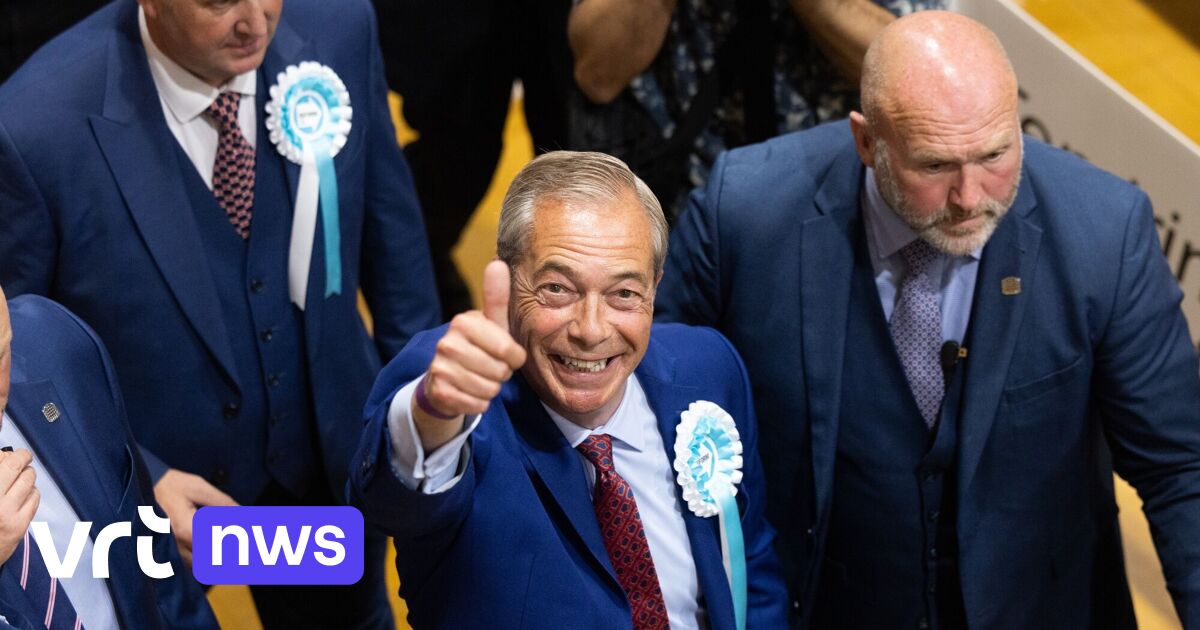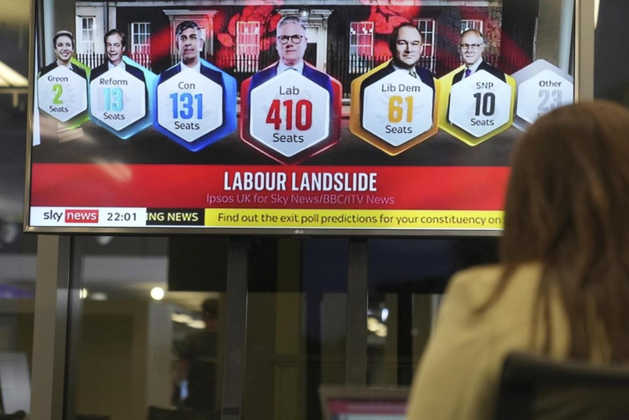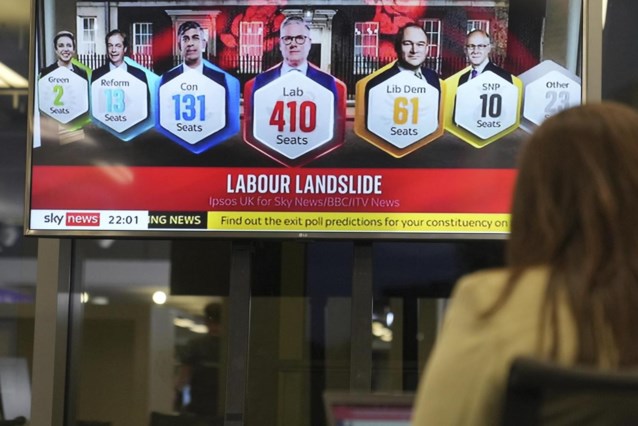The royal family in a democracy is an anomaly. This is basically not true. In a society where everyone is equal before the law, one should not assume a leadership position by birth. That’s why Republicans are agitating against the institute. They are rationally fine in the world, it’s just that they don’t understand, even in Northwestern Europe with its long democratic past. That is the tragedy of the Republic. It even seems like an interesting paradox: the stronger the democracy, the stronger the monarchy.
So there must be something else going on as well. We deal not only with reason, but also with emotions. And the royal house provides a lot of that. That was clearly seen in Britain last week after the death of Queen Elizabeth II. In one of the many street reports, a woman shows herself deeply moved, not only by the death of the old queen, but also by her rituals. He felt part of a 1,200-year tradition, he said.
Both anomaly and mainstay
And that’s the point. Why did the British royal family survive in the era of democracy? That’s because for this woman and millions of other Britons, the monarchy has been a symbol of their community for centuries. This gives these people stability, gives them the idea of being part of a group of more or less like-minded people. Because of this binding role, the royal house is also a welcome addition to democratic systems elsewhere for many, and the curious situation arises that monarchies are an anomaly and a mainstay in democracy.
Emotions after Elizabeth’s death prove that the sense of community is still very much alive. It has survived neoliberalism with its radical individualism. Many citizens refuse to conform to the Thatcherist maxim that there is no such thing as a society, only individual men and women.
The citizens of that country still attach great importance to a sense of community, if only for fear that individualism taken too far will unravel the social order. The latter was still a matter of political concern in the 1990s. It now appears from the long queues for miles in front of the royal gurney that the need for something similar has not completely disappeared and that the royal houses remain the main figures of the community.
is indispensable
This does not mean that they should not keep up with the times. A monarchy in a democracy may have some contradictions, but the pressures of permanent democracy have led to the evolution of the monarchy. In the Netherlands, the king lost his role in the formation of the cabinet, the Gold Trainer will never be used officially again due to side panels referring to the slavery past, household finances constantly under a magnifying glass. Evolving is essential for survival.
In a constitutional monarchy, kings gradually lose a lot of power. That’s how it should be. I remember the discussion on the comment board de Volkskrant is it inhumane if the queen/king cannot speak more freely. There are colleagues who demand more freedom of expression. I think that’s a bad idea: giving an opinion means taking a position, taking sides. Do that and the monarchy will soon be over, especially in a polarized climate. If I were a Republican, I would suggest giving Willem-Alexander a personal twitter account to express his views. Then there will be a president in no time.
a sense of togetherness
The strength of the royal family in a democracy full of struggle, division and change is that for many, the king stands for impartiality, continuity, tradition and communality. These people could be considered retarded bastards, but what I saw in England was widespread grief among all classes, races and ages. One can dismiss all rituals as a charade, but what’s wrong with a little charm in a disillusioned world? A person may want to deny their sense of community, but remember that this will only make them choose more correctly.
Provided that constitutional monarchies remain sensitive to the dynamics of time and, for example, are open to new perspectives from newcomers, they are far preferable to atomized societies where everyone is only concerned with themselves or where group thinking dominates as a result of identity. political.
Arie Elshout is a journalist. He writes a change column with Thomas van der Meer every week.

“Hipster-friendly creator. Music guru. Proud student. Bacon buff. Avid web lover. Social media specialist. Gamer.”







